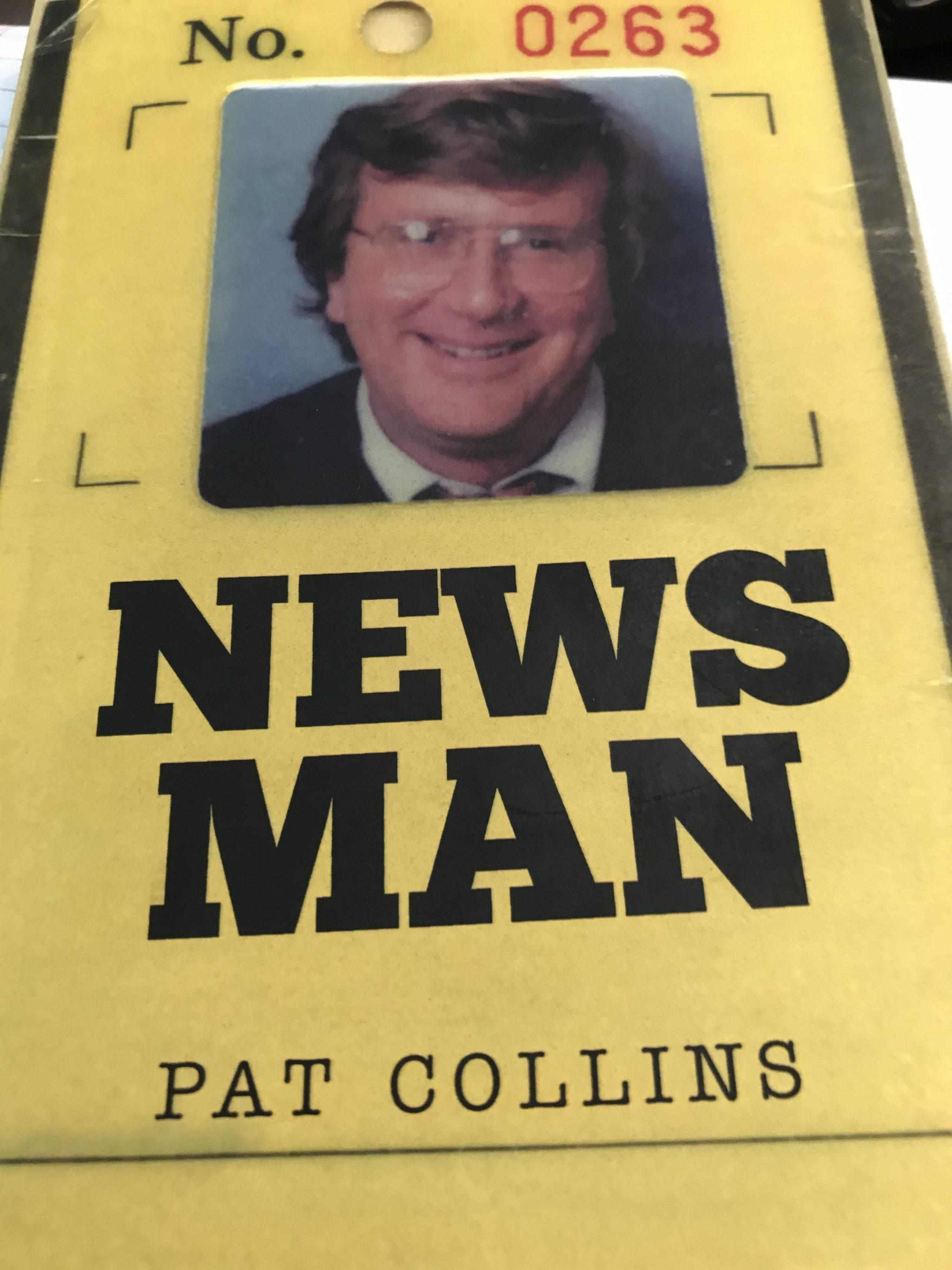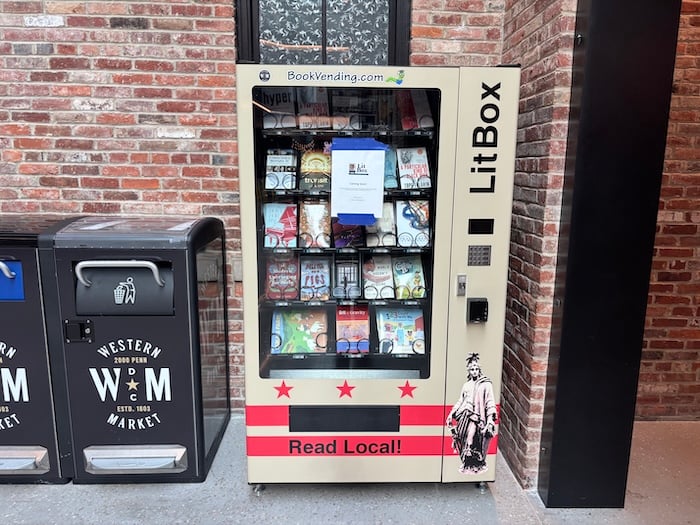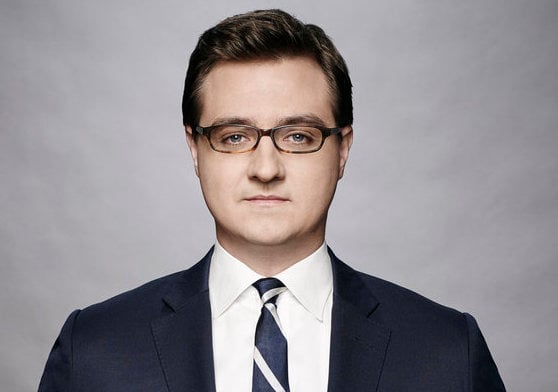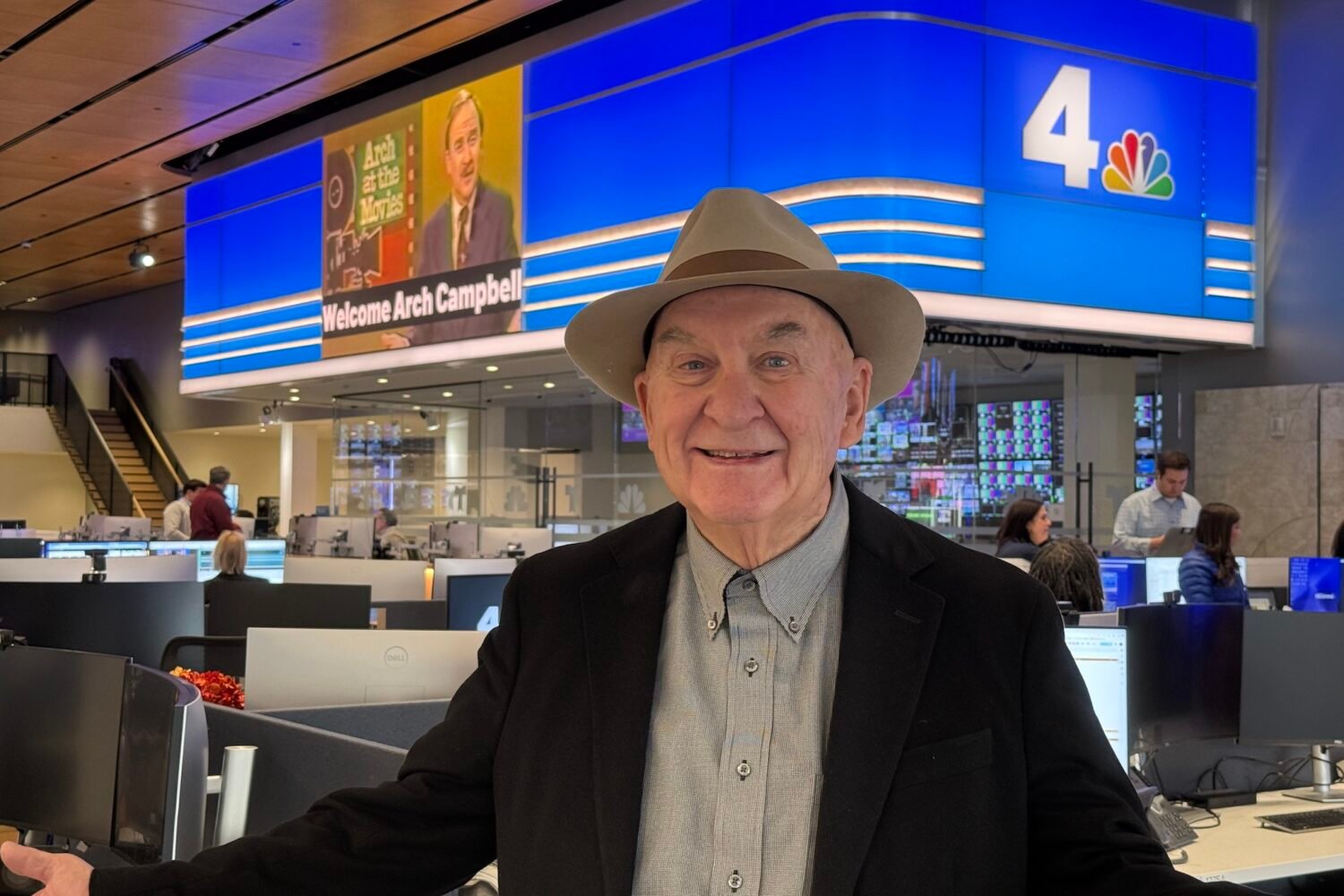Washington’s beloved crime and snow reporter, NBC4’s Pat Collins, made some news himself yesterday, announcing that he’d written a memoir about his roughly 50-year career in journalism. We spoke with Collins about what Washingtonians can learn from the book, and what the writing process was like for the veteran TV newsman.
1. Collins’s memoir, “Newsman,” was self published. It’s currently available at Politics & Prose for $20. Collins doesn’t foresee a financial windfall from the effort. “I expect to make even on this,” he says. “But it’s good for the soul.”
2. The book is a Pat Collins “buffet.” The memoir will take readers through some aspects of Collins’s life that they may not be aware of—for example, his time serving in the armed forces during the Vietnam war. But much of the work will focus on what Collins is best known for: local crime reporting. “Some of the stories are pretty graphic, but I didn’t want to weigh it down so much. I didn’t want people to go into therapy after reading the first three chapters,” he says. “So I moved things around; a little of this, a little of that. That’s why I call it like a buffet. So if you read something, and you didn’t like it, just turn about four pages you’ll find something else.”
3. Among the most chilling crime stories featured is the case of Dana Chisholm. Of all the crime stories he’s covered, Collins says it’s the unsolved murders cases that remain the most prominent in his memory. Take the 1995 case of Dana Chisholm, for example. “Chisholm was a young woman who came up from North Carolina,” he says. “and she got a job as like an administrative assistant at like a think tank downtown. And like many women who came to Washington, she came up to make a name for herself. And she ended up getting murdered in an awful way in her basement apartment [not far from Rock Creek Park]. She had been murdered, she had been bathed, she was displayed, and the killer left a note on the scene.” Says Collins, “it’s a hell of a mystery story and it was never ever solved.”
4.Snow in the forecast: Readers can also look forward to stories about Collins’s other reporting passion, snowfall. His most memorable blizzard, the 2010 storm known as Snowmageddon, is featured in the book. “I was out early in the morning,” Collins recalls, “I was down in my spot at Connecticut Avenue and Fessenden [St. in NW DC]. It was coming in hard. It was almost a white out, there was nothing on Connecticut Avenue. Nothing. But we had a tremendous audience, it was a captive audience because nobody could get outside. And then this lady in blue comes out. And I ask her, on the air, ‘where are you going?’ And she says, ‘I’m going to Friendship Heights to Giant.’ I said, ‘Friendship Heights? It’s like two miles away. It’s a blizzard.’ She says, ‘I know but I have a coupon for a free sandwich at the deli counter.’
5.Collins wrote his initial draft as a TV script. During his many years as an on-air reporter, Collins developed a TV newsman’s approach to writing. “I write in breaths,” he says, “so, ‘in the morning…the sky was just opening up…’ that kind of thing. In other words, I don’t always have a subject and a verb and an object. It’s thoughts. And the beauty of TV is you can write against the picture. In other words, I can show you one thing and tell you another. That’s the way I’ve been writing for years. And so I wrote [the book] as a TV script, and then I got an editor, [former Washingtonian senior editor] Ken DeCell. I wanted to keep it in my voice because I have a certain style, and some people like it some people don’t. And so I hosed [the draft] in to Ken, and he did a very nice job of punctuating it and turning it into something you might recognize as English.”


![Luke 008[2]-1 - Washingtonian](https://www.washingtonian.com/wp-content/uploads/2017/10/Luke-0082-1-e1509126354184.jpg)

















